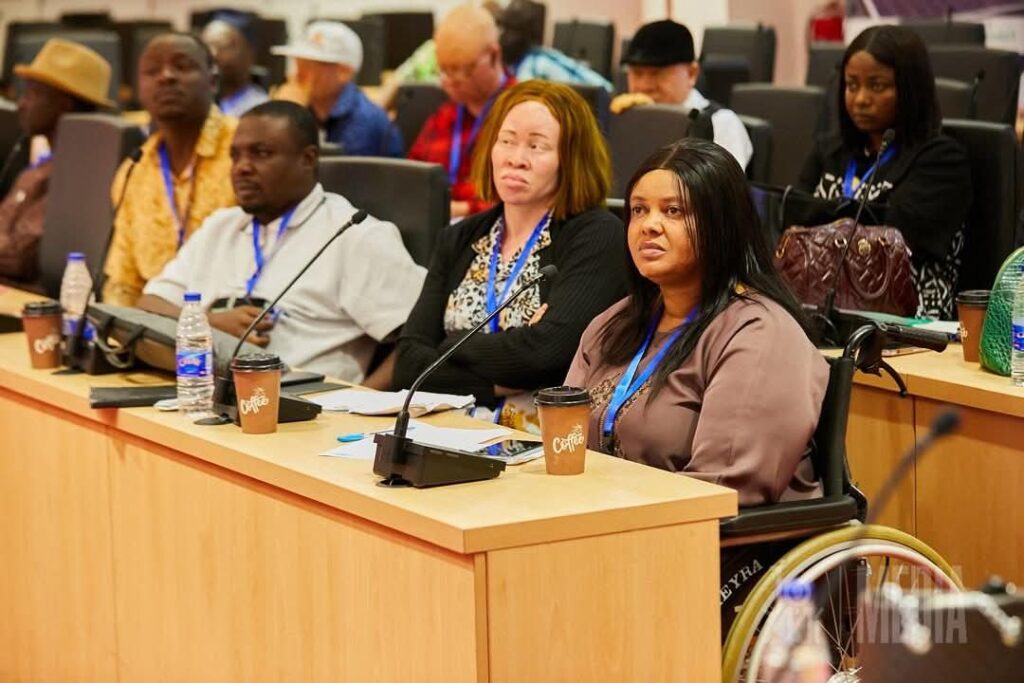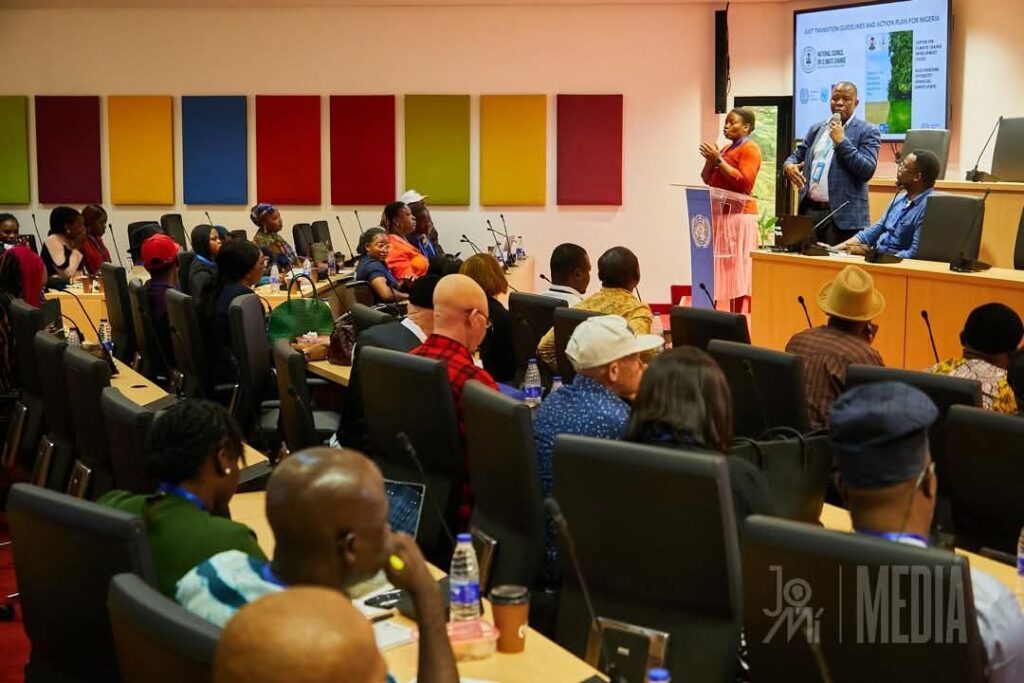ILO, UNIDO, and UNDP Rally Vulnerable Voices for a Greener, Fairer Future.
By Raymond Enoch
In a landmark effort to ensure that the voices of the most marginalized Nigerians shape the country’s climate future, the International Labour Organisation (ILO), United Nations Industrial Development Organisation (UNIDO), and the United Nations Development Programme (UNDP), in collaboration with the National Council on Climate Change, hosted a transformative workshop focused on Nigeria’s Draft Just Transition Guidelines and Action Plan (JT-GAP).

Held in Abuja, the session brought together people living with disabilities (PWDs), women, youth, and other vulnerable groups to deliberate on what a truly inclusive and equitable green transition should look like for Nigeria. The engagement was more than symbolic—it was substantive, creating a platform for historically sidelined communities to influence national climate and energy policies that directly impact their lives.
For decades, climate change discussions in Nigeria have often overlooked the specific vulnerabilities and aspirations of these groups. But this workshop marked a bold departure from that trend, prioritizing the principle that a just transition must, above all else, leave no one behind. Participants were not only informed about the country’s plans but were also invited to shape them—providing insights, experiences, and strategies that reflect the real-life challenges faced on the frontlines of climate vulnerability.

Central to the discussions were three interwoven themes: the creation of green jobs, workforce reskilling for sustainable industries, and the design of robust social protection systems. Each is seen as critical to ensuring that Nigeria’s shift towards a low-carbon economy does not deepen inequality but instead opens up new paths to prosperity and resilience.
The JT-GAP, still in its draft stage, aims to guide Nigeria through a delicate balancing act—meeting its climate obligations while ensuring development goals remain on track. The inclusion of PWDs, women, and youth is not just a moral imperative; it’s a strategic necessity. Their inclusion ensures that policies are grounded in the lived realities of those most affected by climate disruptions, whether through displacement, loss of livelihoods, or unequal access to resources and decision-making.
“We must work together to ensure that no one is left behind in the journey towards a greener future,” echoed a unifying message at the session—reverberating the heart of the global #JustTransition and #ForPeopleForPlanet movements.
As climate policy in Nigeria matures, this workshop stands as a pivotal moment in its evolution—proof that genuine progress comes not from top-down directives, but from collective action rooted in equity, justice, and shared vision.








